Whatever happened to the economic boom that was supposed to follow the Covid pandemic? The 2020s, some argued, would be like the 1920s, with an economy roaring its way out of recession, to be remembered as a time of unprecedented wealth and opportunity. That is not how things have turned out so far.
While economic growth in the UK during 2022 is still likely to come out positive, the growth was concentrated in the first half of the year – in the third quarter GDP fell by 0.3 per cent. The economy, according to the Office of National Statistics, is now 0.8 per cent smaller than it was on the eve of the pandemic at the end of 2019. Moreover, almost everyone thinks a recession is now inevitable, with the Bank of England expecting recession to last throughout 2023 and into 2024.
There are plenty of reasons to feel negative about the economy, but what about the positive case? Could the narrative of a 2020s boom prove to be right all along, it’s just that we haven’t got there yet? After all, the 1920s didn’t begin to roar in 2022, only later in the 1920s (although even then it was a much more muffled roar than in the US).
Let’s start with the big story of 2022: inflation. When the ripple of inflation began in mid 2021 – completely missed by the bank of England – it was largely attributed to rising demand colliding with supply chains which had been disrupted by Covid. The contribution of government handouts, quantitative easing plus years of rock-bottom interest rates was mostly ignored.
Then came the invasion of Ukraine, which supercharged already steeply-rising energy prices. While inflation is now five times higher than the Bank of England’s target, it did fall back a little in November. There is good reason to think that energy prices, in particular, may have peaked. The crude oil price has been in a downward trend since June. Wholesale gas prices in Europe fell sharply from their summer peak. Although they spiked again in mid December, that was a reaction to high demand because of a cold spell. They have still not returned to their summer peak, and there is good reason to think they will not – barring some other as-yet unforeseen shock to the global economy. The spike in the summer was down to Europe trying to build reserves for a winter in which they knew much less Russian gas was likely to be available. The ability of Europe to import liquified natural gas (LNG) from the US and the Middle East was hampered by a lack of facilities. Since then, however, several floating LNG terminals have come on stream. Europe is now a lot closer to ending reliance on Russian gas.
There is little sign of a wages-prices spiral. Earnings are currently growing at around half the level of inflation. Assuming the government and other employers hold out against extravagant wage demands, there is good reason to hope that the Consumer Prices Index will follow energy prices downwards.
If inflation has peaked, what, then, is there left to worry about? Barring a rebound in inflation we should now be within sight of the end of interest rate rises. What inflation has achieved is to reduce many peoples’ debt in real terms. At the same time, there is evidence that Britons are putting aside more in savings than they were a year ago. That should improve households’ resilience.
The big fly in the ointment remains public debt. The government borrowed £22 billion in November alone – an extraordinary sum for a single month. Recently-announced tax rises intended to close the gap a little between revenue and expenditure have yet to hit incomes, but they will do by April.
Nevertheless, it looks as if Britain will get through this recession without the huge jump in unemployment which accompanied previous recessions. Strikes, though numerous by recent standards, are a long, long way from costing the economy what they did in the 1970s – or 1920s for that matter. China has finally abandoned its zero covid strategy. While that may lead to an explosion of cases in the short term, it should remove one of the barriers to global growth. The Ukraine war, although it may drag on for months or years yet, has reduced the likelihood that Putin will try his luck invading other countries.
In short, while 2022 surprised on the negative side in many ways, 2023 may well turn out to surprise us on the positive side.
Got something to add? Join the discussion and comment below.
Get 10 issues for just $10
Subscribe to The Spectator Australia today for the next 10 magazine issues, plus full online access, for just $10.


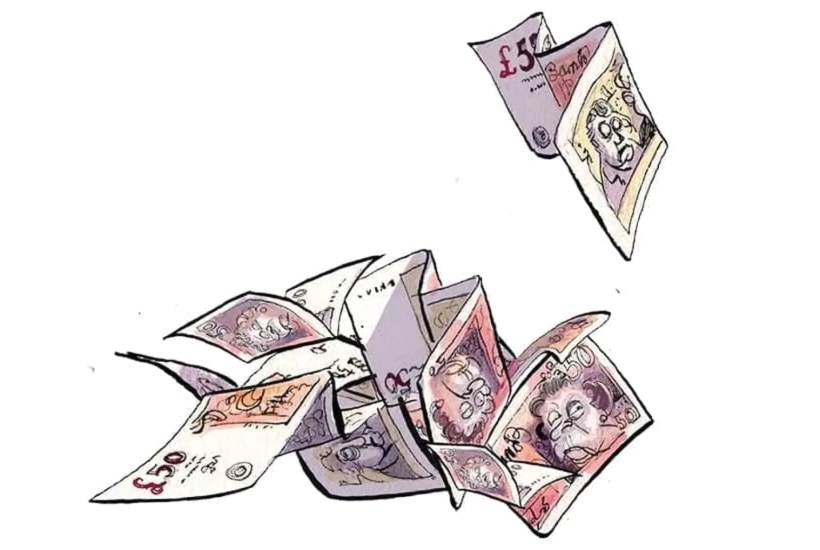
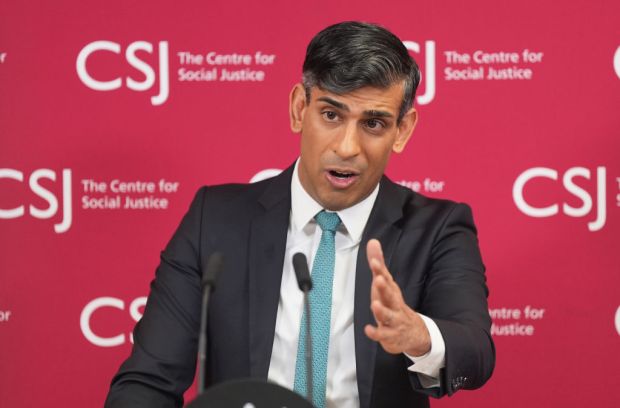
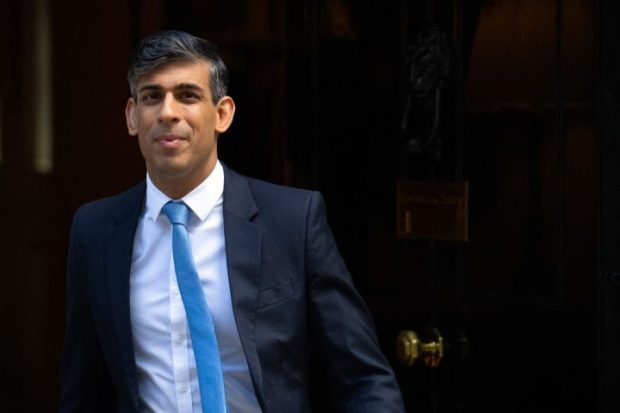
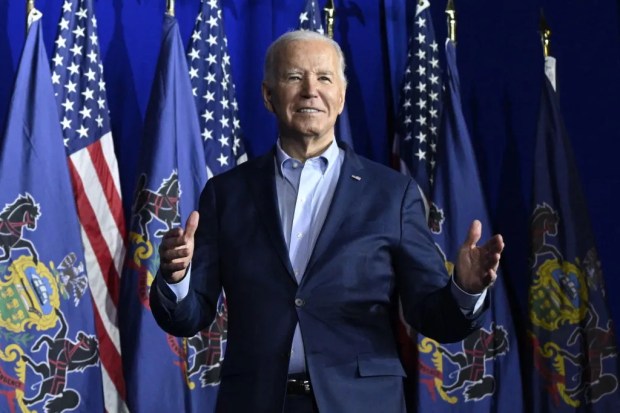
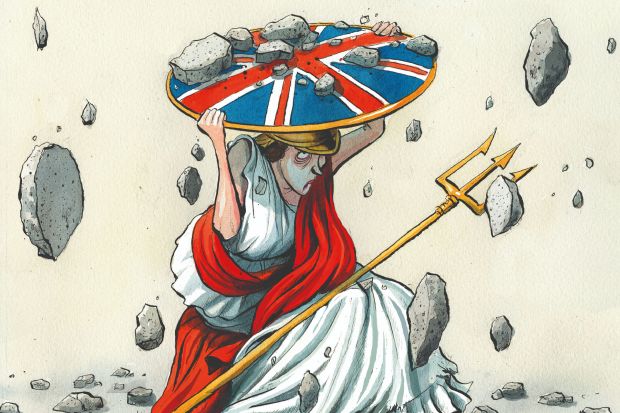














Comments
Don't miss out
Join the conversation with other Spectator Australia readers. Subscribe to leave a comment.
SUBSCRIBEAlready a subscriber? Log in